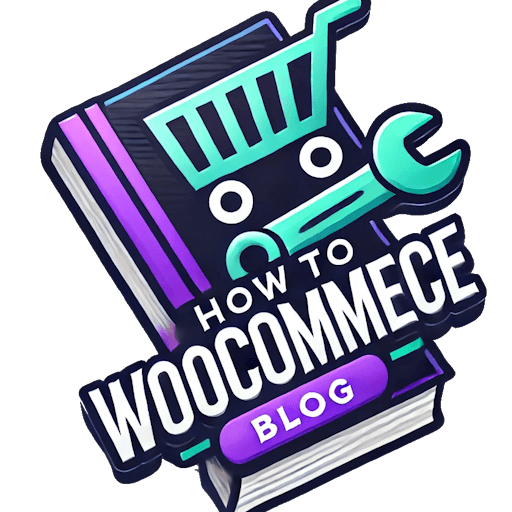How to Sell Digital Products on WooCommerce: A Beginner’s Guide
Selling digital products like ebooks, online courses, software, or music can be incredibly lucrative. WooCommerce, a popular WordPress plugin, makes it surprisingly easy to set up your own digital storefront. This guide will walk you through the process step-by-step, even if you’re a complete beginner.
1. Setting Up Your WooCommerce Store
First, you’ll need a few things:
- A WordPress website: This is the foundation of your store. If you don’t already have one, you can easily get started with a hosting provider like Bluehost or SiteGround.
- The WooCommerce plugin: This is what transforms your WordPress site into a fully functional online store. Download it from your WordPress dashboard (Plugins > Add New).
- Essential WooCommerce extensions: While the core plugin is free, you might need paid extensions for specific functionalities, such as advanced digital product management or email marketing integrations.
- Go to Products > Add New: This opens the product creation page.
- Fill in the product details: Give your product a compelling title, write a detailed description highlighting its benefits, and upload high-quality images.
- Set the product type to “Digital Download”: This is crucial! This tells WooCommerce to handle the download delivery.
- Upload your digital file: This could be your ebook (PDF), course videos (MP4), audio files (MP3), or software.
- Set a price: Research your competitors and decide on a fair and profitable price.
- Download limit: How many times a customer can download the product (optional). This could be unlimited, or a specific number of downloads.
- Download expiry: Set an expiration date for the download link (optional). This could be useful for time-sensitive products or to encourage immediate purchases.
- Download link access: WooCommerce will automatically generate a download link accessible to the customer after purchase.
- PayPal: A popular and widely accepted option.
- Stripe: Another popular choice, known for its ease of use.
- Square: A good option for businesses with existing Square accounts.
- SEO optimization: Use relevant keywords in your product descriptions and website content to improve your search engine ranking.
- Social media marketing: Promote your products on platforms where your target audience hangs out.
- Email marketing: Build an email list and send newsletters promoting your products and offers.
- Paid advertising: Consider using platforms like Google Ads or Facebook Ads to reach a wider audience.
- Identify best-selling products: Focus on creating more products like these.
- Improve your marketing strategies: Adjust your approach based on what’s working and what’s not.
- Optimize your website: Make necessary changes to improve user experience and conversions.
Example: Imagine you’re selling an ebook about dog training. You’ll need a website to showcase your expertise and sell the ebook. WooCommerce will handle the selling process.
2. Adding Your Digital Products
Once WooCommerce is installed and configured, adding your digital products is straightforward:
Example: For your dog training ebook, you’d upload the PDF file, set a price (e.g., $29.99), and write a captivating description focusing on the results dog owners can expect.
3. Configuring Download Settings
WooCommerce offers robust settings to manage digital downloads:
Example: For your ebook, you might set a download limit of 3 and no expiry date, giving customers flexibility.
4. Payment Gateway Setup
To receive payments, you need to integrate a payment gateway. WooCommerce supports a wide range:
You’ll need to create an account with your chosen gateway and configure the settings within WooCommerce.
Example: Stripe is a relatively easy gateway to integrate with WooCommerce and offers a user-friendly interface.
5. Marketing Your Digital Products
Simply setting up your store isn’t enough. You need to actively market your products:
Example: Use relevant keywords like “dog training ebook,” “puppy obedience,” and “dog behavior modification” in your website content and product descriptions.
6. Monitoring and Optimization
Regularly monitor your sales data and website analytics. This information will help you:
Selling digital products on WooCommerce can be a rewarding venture. By following these steps and consistently improving your strategies, you can build a successful online business. Remember that consistency and customer satisfaction are key to long-term success.

